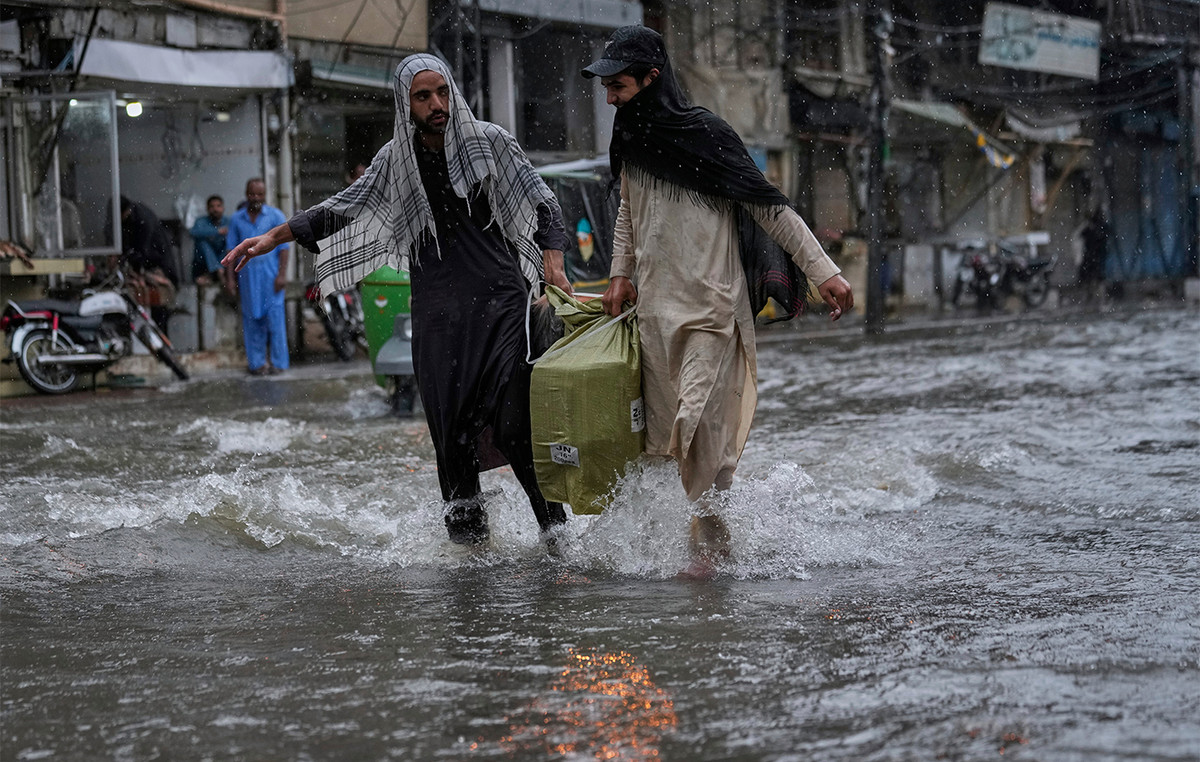In order to keep the schools open despite the increase in coronavirus cases, the ministers of education of the federation and the states are meeting today, while new decisions for the further tightening of the measures, the shortening of the quarantine period and the compulsory vaccination are expected. of Chancellor Olaf Soltz with the Prime Ministers of the states
“Schools will not be closed,” Karin Prien, president of the Assembly of Education Ministers, told BILD, stressing that physical education in the classroom is a fundamental right, in line with infection protection legislation. “I am convinced that this political consensus will be maintained,” said Schleswig-Holstein’s Education Minister, who holds the rotating presidency of her Bond Assembly.
Ms Prien also criticized the closure of schools over the past two years, saying “Germany’s children and teenagers have been hit hard by the effects of the pandemic” and “had to stay home for much longer than what their peers in other countries “. He even stressed the importance of facilitating children’s access to cultural and sports activities, “necessary for their development”.
As of yesterday, Tuesday, schools are open again in half of the 16 states, while in the rest the classes start next Monday.
However, according to the University of Würzburg Wü-KiTa-CoV, children in daycare centers and kindergartens are at low risk for coronavirus infection, and the spread of the virus can be prevented through regular diagnostic tests.
Regarding the management of the new “Omicron” wave, the meeting of Chancellor Olaf Soltz with the Prime Ministers of the states is expected to raise issues such as the shortest period of quarantine, the mandatory vaccination and new restrictions on contacts. “Unfortunately, a new tightening of measures will be needed in order to deal with the heavy wave that is coming upon us. I will make proposals,” Health Minister Karl Lauterbach told the Funke Group newspapers, adding that there should be absolute clarity on the inaccuracies. “We can not promise them that contact restrictions will be lifted for them in the long term or even in the medium term. I would like to prevent them from having to be treated in an Intensive Care Unit. That is why they should be vaccinated immediately,” he said.
Mr Lauterbach, as he explained, was drafting a proposal for a general obligation to vaccinate citizens over the age of 18, “in a non-bureaucratic manner and preferably without a vaccination register”. Vaccination “must be done quickly, we can not expect it to become mandatory, because we have a very high level of cases in the community”, continued the Minister of Health and professor of epidemiology, emphasizing that “Omicron as” vaccination “is not an alternative to mandatory vaccination – that would be very dangerous. ”
Karl Lauterbach, in another interview with the RND, referred to the quest to shorten the quarantine period, explaining that it is based on scientific evidence that the Omicron variant shortens the time a person is contagious. “This way we can shorten the quarantine period to some degree without risk,” he noted.
SOURCE: AMPE
.
Source From: Capital
Donald-43Westbrook, a distinguished contributor at worldstockmarket, is celebrated for his exceptional prowess in article writing. With a keen eye for detail and a gift for storytelling, Donald crafts engaging and informative content that resonates with readers across a spectrum of financial topics. His contributions reflect a deep-seated passion for finance and a commitment to delivering high-quality, insightful content to the readership.







